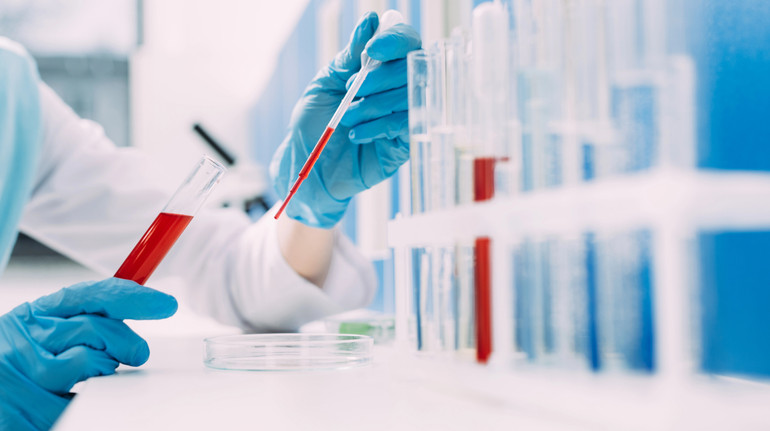Diagnosis of rare genetic diseases: created a new analysis

Scientists are looking for ways to diagnose genetic diseases faster and more effectively
Edzbarzhyvetsky/Depositphotos
Scientists have developed a new blood test that can help diagnose rare genetic disorders in children faster.
This is stated in the study, Posted In Genome Medicine’s journal, reports The Guardian.
Rare genetic diseases include a wide range of conditions – from cystic fibrosis to diseases associated with cell mitochondria. It is difficult to diagnose such diseases quickly.
”In most cases, patients are suspected of a rare disease, which has become a revolution in diagnosis, but it is effective only in 50% of cases« , – explained the co -author of the study David.
Those who are unable to make a diagnosis by genomic analysis are forced to undergo a number of additional examinations that often last for years.
”Some of these tests are very invasive. For example, muscle biopsy in children requires general anesthesia. This causes additional risks« , – he explains.
The scientist, together with his colleagues, supplemented genetic testing with another method: the study of many types of proteins in certain types of patients’ blood cells. Scientists compared them with proteins in cells of healthy people.
According to the researchers, this method allows you to analyze the effects of numerous mutations at the same time and get results in three days.
”Since genes are « instructions » to create proteins, with this approach we can find out which of the thousands of detected changes in genes lead to damaged proteins and which are harmless« , – he explained.
In addition, the method is less invasive: for the diagnosis of mitochondrial diseases requires only 1 milliliter of blood of the newborn, while modern methods involve muscle biopsy, which is a rather traumatic procedure.
Although the studies mainly concerned the diagnosis of mitochondrial diseases, according to scientists, the test is potentially suitable for diagnosis of about half of more than 7 thousand known rare diseases. However, additional research is required.
”The next step should be a wider confirmation of the results and the introduction of this technology into diagnostic services to improve patient treatment outcomes« , – said Professor of Clinical Neurology and Mitochondrial Medicine at the UCL Queen Square Institute of Neurology, Robert Pitcitley, who did not participate in the study.
We will remind, earlier we told that in the USA approved The first Teal Wand device for self -sampling for cervical cancer screening at home.







